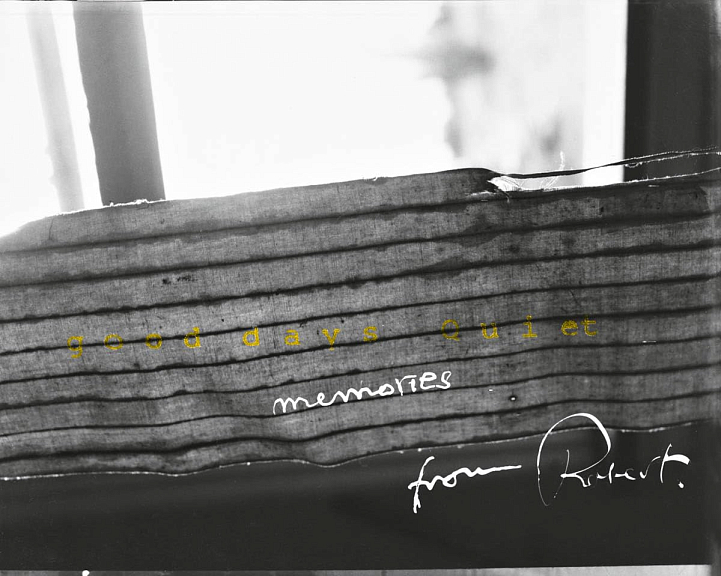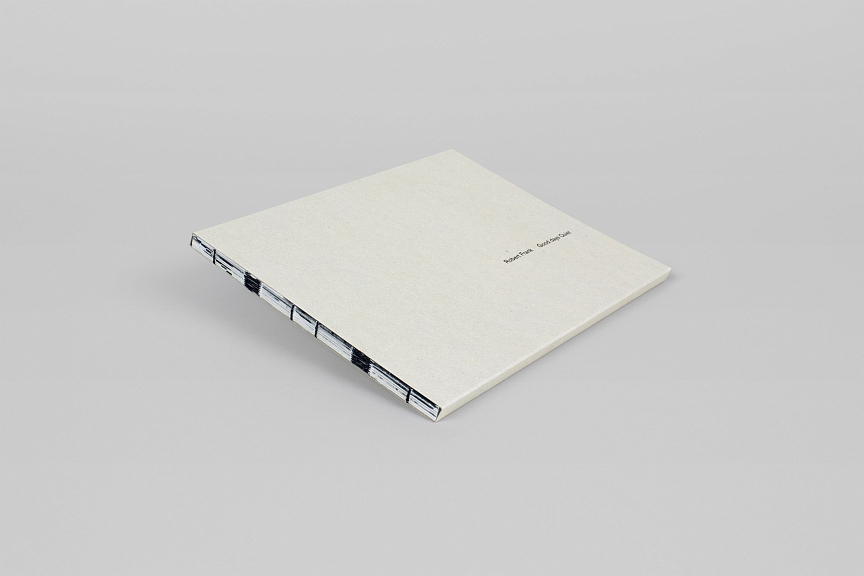-
Книги
- Нонфикшн
- Гуманитарные науки
- Деловая литература
- Естественные / Точные науки
- Книгоиздание
- Лайфстайл
- Словари / Энциклопедии
- Художественная литература
- Детектив
- Драматургия
- Классическая проза
- Мифология. Эпос
- Поэзия
- Собрания сочинений
- Современная художественная проза
- Фантастика. Фэнтези
- Биографии / Мемуары
- Графические романы / Комиксы
- Детские книги
- Воспитание. Педагогика
- Детский досуг
- О детских книгах
- Познавательная литература
- Художественная литература для детей
- Журналы / Зины
- Архитектурные
- Гуманитарные
- Журналы о моде
- Зарубежная периодика
- Искусство / Фотография
- Кино / Театр
- Лайфстайл
- Книги «Подписных изданий»
- Книги на иностранных языках
- Английский язык
- Испанский язык
- Итальянский язык
- Книги на иностранных языках для детей
- Немецкий язык
- Финский язык
- Французский язык
- Шведский язык
- Книги о кино
- Книги о музыке
- Книги о средневековье
- Книги о театре
- Книги о фотографии
- Книги об искусстве / Книги об архитектуре
- Альбомы по искусству
- Архитектура
- Декоративно-прикладное искусство
- Живопись
- Искусствоведение
- Орнаменты
- Прочее
- Танец
- Татуировка
- Творческое развитие
- Книги по философии
- Кулинарные книги
- Николай Солодников рекомендует
- Предзаказ
- Про дизайн / Про моду
- Путеводители / Книги о путешествиях
- Канцелярские товары
-
Подарки
- Брошки и значки
- Гирлянды
- Закладки
- Игры
- Календари
- Наклейки
- Наши сувениры
- Открытки
- Всякие-разные
- Наборы открыток
- Поздравления
- Про любовь и другие хорошие чувства
- С писателями и поэтами
- С цветами, овощами и фруктами
- С цитатами и другими фразами
- Подарочные сертификаты
- Постеры
- Прочее
- Сумки и шоперы
- Упаковка
- Подарочные сертификаты
Адрес магазина: Санкт-Петербург, Литейный пр., 57
Robert Frank: Good Days Quiet
| Издательство | Steidl |
|---|---|
| Год издания | 2019 |
| Переплет | Мягкий |
| Страниц | 64 |
| Формат | 254x203 мм |
| Язык | Английский |
| ISBN | 978-3-95829-550-6 |
| Артикул | 1197149 |
In this, Robert Frank’s newest book, he both acknowledges and moves beyond his acclaimed visual diaries (2010–17), which juxtapose iconic photos from throughout his career with the more personal pictures he makes today and suggestive, often autobiographical text fragments. In good days Quiet Frank’s focus is life inside and outside his beloved weather-beaten wooden house in Mabou, where he has spent summers for decades with his wife June Leaf. Among portraits of Leaf, Allen Ginsberg and Frank’s son, are images of the house’s simple interior with its wood-fuelled iron stove, humble furniture and bare light bulbs, as well as views of the land and sea by the house: snow-covered, windswept, stormy or lit by the dying sun. Frank’s Polaroids scanned for the book show various deliberate states of deterioration and manipulation at his hands, including texts that move from the merely descriptive (“watching the crows”) to the emotive (“memories,” “grey sea—old house / can you hear the music”). As always in Frank’s books, his message lies primarily in the photos’ lyrical sequence, an influential approach to the photobook pioneered by and today well at home in his 93-year-old hands.
Подписка на рассылку
Мы будем присылать вам обзоры книг, промокоды и всякие-разные новости




